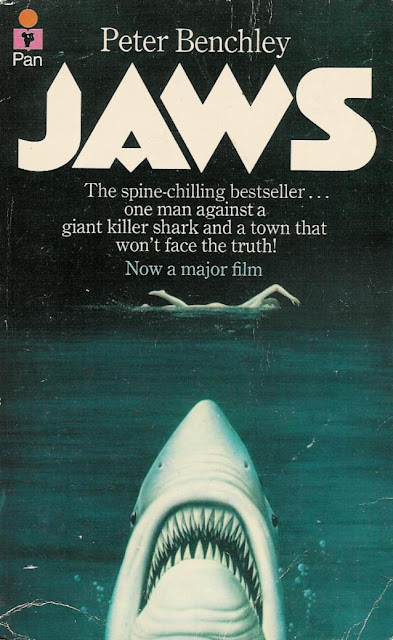What am I doing? (A Brief Pause - and an Explanation for it)
I want to apologies for the sudden absence of blog posts over the past 3 weeks, but I'm just attempting to juggle a schedule that has suddenly become a lot busier. Why's that? Well, not only am I working on my own original novel, as well as a tie-in book for a forthcoming US independent horror film, but I'm also writing the first six episodes of a Science Fiction audio drama which will be going into the studio some time next year, and which we're hoping will become an ongoing series. Not only that, but I'm just starting work on another SF novel, this time one I'm co-writing with another wonderful author - and we will hopefully be announcing this very soon. The schedule for this book is a little looser as we're fitting it around our very busy schedules. Not only THAT, but I'm also about to record three audio commentaries for forthcoming blu-ray releases, so I'm busy getting that together. But I have started on the next blog entry, which will be the ne...






